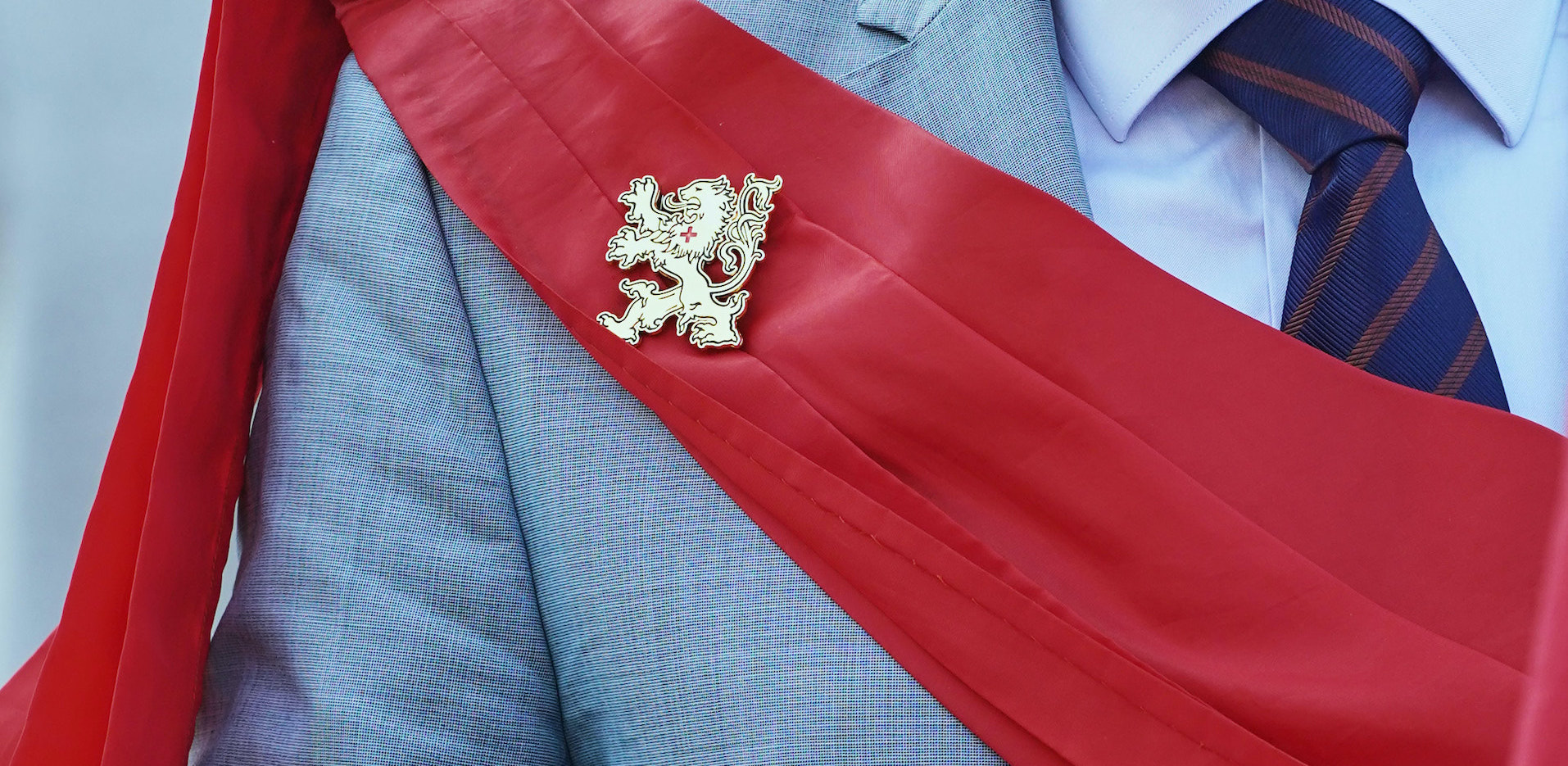International networks of ultra-conservative organisations are eroding liberal values in Central and Eastern Europe. They strive to alter laws and impose their agenda on public debate. In countries like Poland, they have expanded their political influence and changed society.
There is nothing ad hoc about this. This investigation by journalists from eight countries shows how ultra-conservative groups operate locally and collaborate across borders. They find the same individuals and organisations popping up again and again.
The journalists follow the meanderings of a long campaign to roll back women’s rights and overturn the Istanbul Convention on domestic violence. In Poland, those efforts are bearing fruit as parliament prepares to withdraw from the Istanbul treaty.
Much of the momentum has come from the Ordo Iuris Institute for Legal Culture, a powerful think tank of ultra-conservative lawyers that has led the charge against LGBT and women’s rights in the name of the “natural family”, both at home and in the region.
How does Poland’s ultra-conservative Ordo Iuris hide behind a mask of diplomacy? @VSquare_Project has the answer. Part of an investigation supported by IPI’s #IJ4EU fund for x-border journalism. #MediaEU https://t.co/fTmj5e50uI
— IPI – The Global Network for Press Freedom (@globalfreemedia) February 24, 2021
Supported by the Polish Ministry of Justice, Ordo Iuris aims to replace the Istanbul Convention with new legislation protecting “traditional family and Catholic values”. Poland’s populist government seeks allies in CEE countries run by conservative forces.
Meanwhile, Ordo Iuris is strengthening its regional network by establishing new organisations, partnerships and alliances, the investigation finds.
In Lithuania, where ratification of the Istanbul Convention has been postponed six times, public money has gone to support ultra-conservative organisations allied with Ordo Iuris.
In Hungary, one of Ordo Iuris’ main partners in the so-called war on gender has close ties to Prime Minister Viktor Orbán. Funded by taxpayer forints, the Hungarian Centre for Fundamental Rights spreads pro-government propaganda.
Ordo Iuris and the Hungarian Centre for Fundamental Rights have recently announced the creation of a new international network of “conservative forces” that will support the “national conservative awakening of Europe”.
Ordo Iuris was founded in 2013 by the Polish branch of Tradition, Family, Property (TFP), a global movement of Catholic radicals that originated in Brazil. The Polish TFP branch (the Kraków-based Instytut Skargi) has also supported Ordo Iuris financially.
This cross-border investigation exposes the secretive financial workings of the ultra-conservative TFP.
Drawing on court files, financial data and internal emails of TFP members, the journalists show that the Polish branch of TFP funnelled around €10 million to radical Catholic organisations abroad over several years.
The investigation reveals how money donated for rosaries and images of Our Lady of Fatima supports campaigns against abortion, women’s rights and LGBT rights around the world.
Key findings on TFP money include:
- The discovery of links between a lavish mansion in Sao Paulo, a majestic castle in France, a 19th-century house in Kraków and efforts to tighten abortion laws in Poland and launch a referendum on the definition of marriage in Estonia.
- Proof of links between Our Lady of Fatima holy cards distributed in Poland and hundreds of thousands of euros invested in a radically conservative organisation in Lithuania.
- Evidence that Kraków-based Instytut Skargi, with tens of millions of euros in assets and expensive properties in Poland, has become the operational and financial centre of the TFP movement.
- Proof that TFP money supports a network of entities behind anti-LGBT demonstrations, petitions, anti-abortion marches, and campaigns to stop Communion in the hand.
- Evidence that the TFP fundraising model is based on a concept developed in Brazil, expanded in France and successfully re-applied in CEE countries.
- The story of how a behind-the-scenes war for influence and cash within TFP resulted in a financial split.
The team of 12 journalists has published more than 20 stories over six months, revealing a growing network of connections and money transfers.
Articles have been cited widely from CEE to Brazil, even as team members in Lithuania, Estonia, and Poland have faced smear campaigns on social media in response to their work.
In Lithuania, the Ministry of Social Affairs apologised after revelations over the use of public money by ultra-conservative groups, pledging to do more to fight discrimination and hate speech.
More stories coming soon…
Cover image: The TFP logo, a lion on a red background. Source: Reporters Foundation
